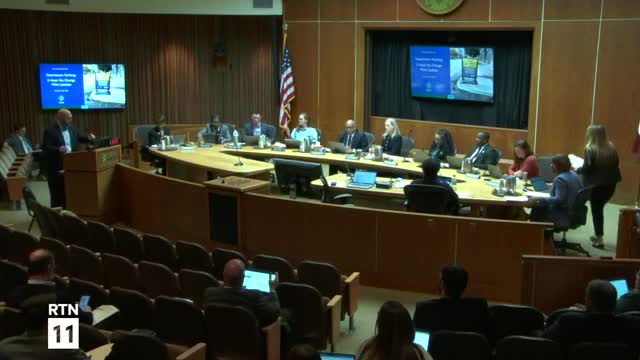Article not found
This article is no longer available. But don't worry—we've gathered other articles that discuss the same topic.
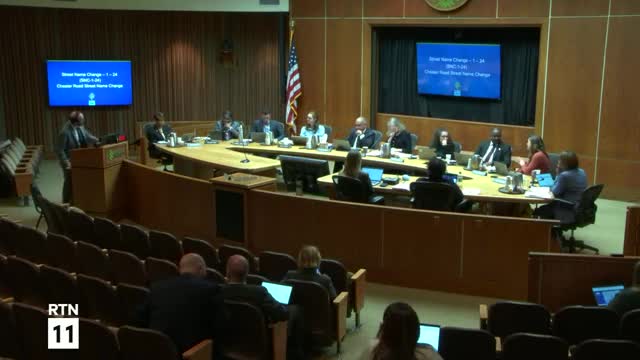
Council renames small Chester Road stub to Pettiford Road to reduce driver confusion
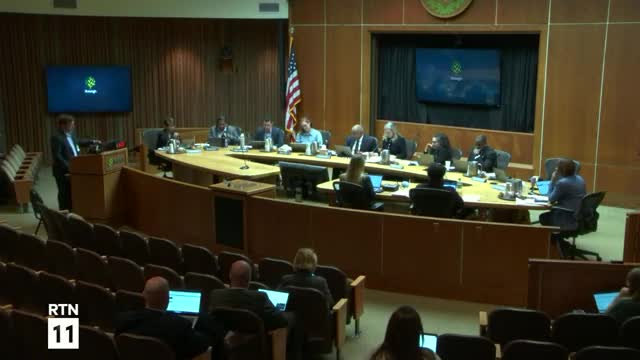
Council holds demolition decision for fire-damaged house on South Blount Street for two weeks to pursue neighborhood outreach
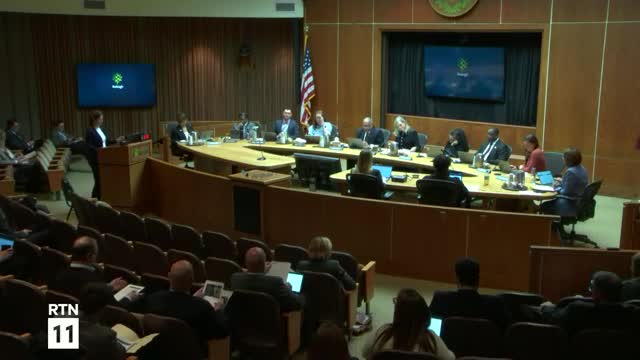
Council approves Lewisburg Road rezoning and development agreement including trail crossing and affordable-housing condition
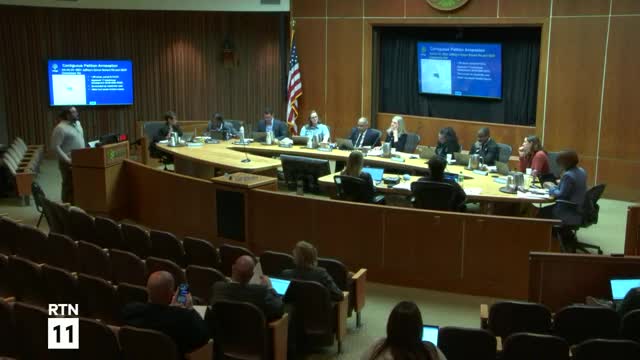
Council approves multiple annexations; staff provided 10-year fiscal analysis for each
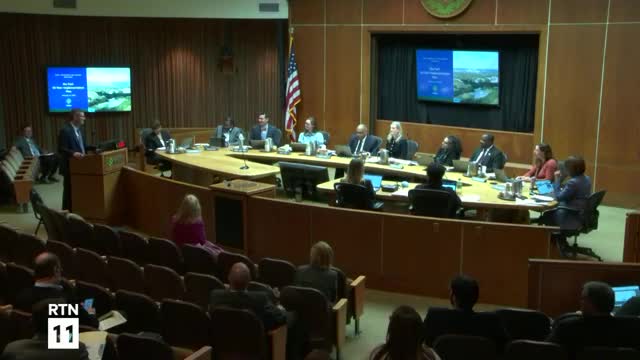
Dix Park Conservancy commits $3 million as council adopts 10-year implementation plan
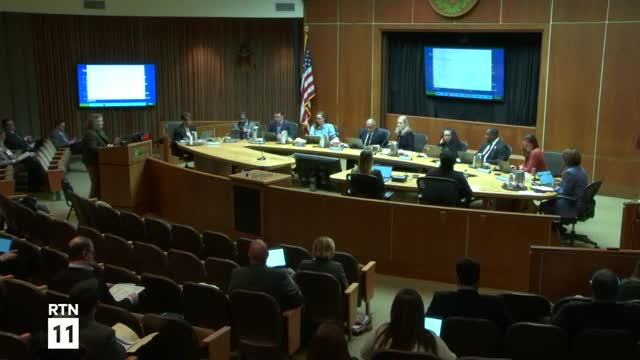
Council grants waiver to restart rezoning talks for downtown parcel adjacent to Smoky Hollow Park, 5-3 vote
